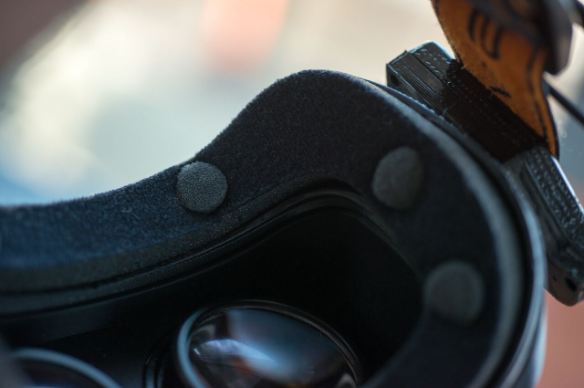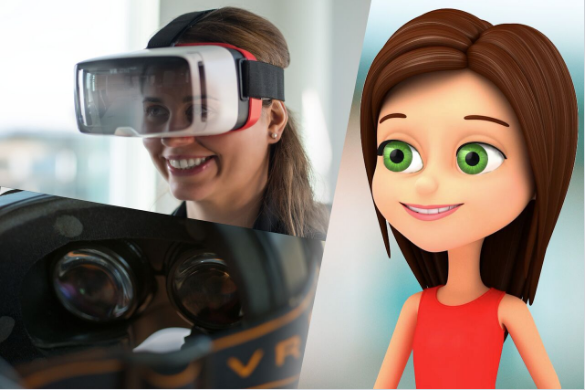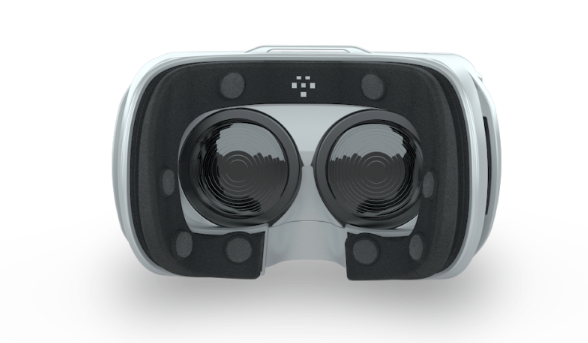MindMaze's MASK Predicts Your Facial Expressions To Use Them In Virtual Reality

You can now put on a virtual reality headset with sensors which will predict your facial expressions before you even make them and have them instantly mirrored on an avatar.
MindMaze unveiled MASK on Wednesday, a lightweight foam with sensors that can be applied to VR headsets, which brings human emotion to VR gaming and social networking.
Read: Project Scorpio: 5 Ways PS4 Pro May Still Beat Xbox Despite Specs - Price, Games & VR
MindMaze, a Switzerland based company, has developed products to help stroke victims and amputees using virtual reality, computer graphics, brain imaging & neuroscience -- and now it’s bringing that technology to gaming.
“There’s a lot of technology but none of it is human,” CEO and founder of MindMaze, Tej Tadi, told International Business Times about the VR world.

For example, with MASK, you’ll be able to instantly see your friend’s reaction when you beat them in first person shooter games, which could increase gamers’ levels of engagement, Tadi said. MASK can also be used in VR social networking, such as sending emoticons based on how your face responds to messages.
MindMaze has fully developed 10 expressions, including smiling, speaking, winking, blinking and smirking, and has identified 30 others. The platform uses machine learning and biosignal processing to predict facial expressions tens of milliseconds before they appear on a user’s face.
“Humanizing virtual reality is a natural progression. What makes us human in social interactions is emotion, but that’s been missing in virtual reality so far,” said Tadi.
Read: 'Batman: Arkham VR’ PC Release Date: Game Coming To Oculus, Vive Headsets This April
IBT got to try MASK and it’s pretty comfortable. The foam comes with sensors and can be easily applied to most VR headsets, such as Google Daydream to desktop-supported setups, like the HTC Vive or Oculus RIFT. MASK would cost tens of dollars for manufacturers to install into pre-existing headsets.
How MASK Works
Unlike many current VR technologies, which use cameras to track facial gestures, MASK uses electrical impulses from the brain and facial muscles to show your “virtual reflection,” Tadi said.
Apart from MASK, MindMaze previously developed MindMotion Pro for the health sector to help those who have suffered brain injuries or strokes by putting sensors on the brain. MindMotion Pro helps stroke and brain injury victims regain motor function at a faster pace than traditional rehabilitation treatments.

MindMaze is now taking those sensors from the brain to the face for MASK. Basically, it’s the same technology (machine learning and data processing) but placed differently for gamers. The electrodes sitting on a gamer's forehead causes some brain activity, which allows MASK to mirror human emotion.
MindMaze is currently working on partnering with other players in the VR industry to integrate MASK into virtual reality headsets.
© Copyright IBTimes 2024. All rights reserved.




















